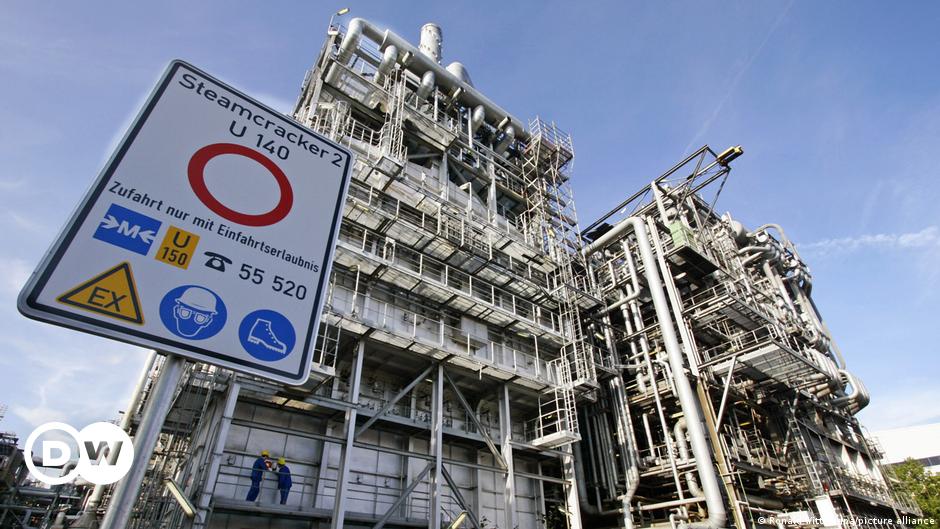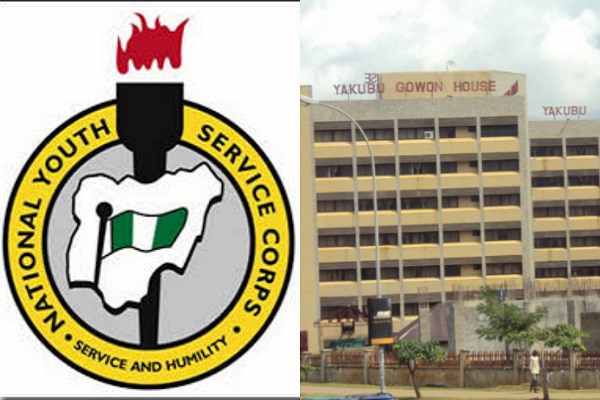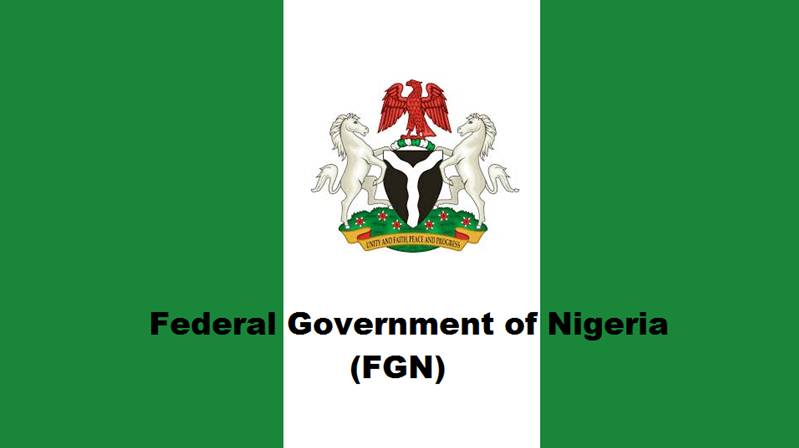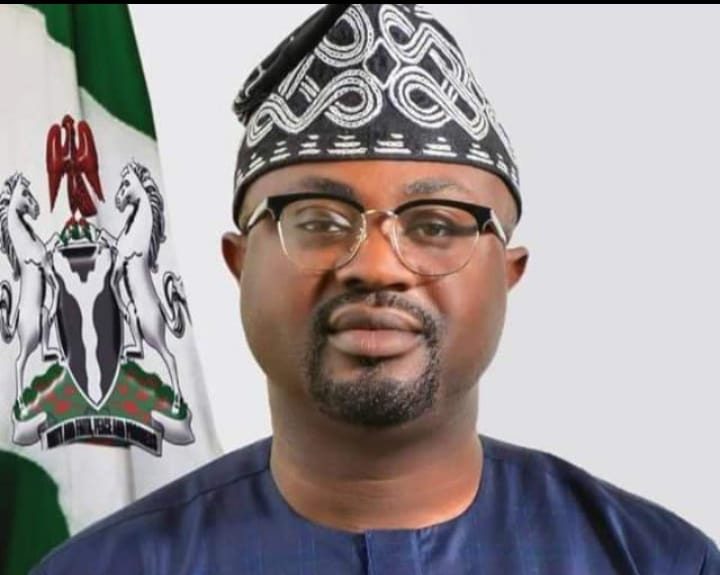General
Germany’s Uniper Posts $12.5 Bln Net Loss, Pummelled by Gas Crisis

German utility Uniper, which secured a 15-billion-euro state bailout last month, reported a net loss of 12.3 billion euros ($12.5 billion) for the first half, mainly due to lower Russian gas supplies that forced it to buy at higher prices elsewhere.
“Uniper has, for months, been playing a crucial role in stabilizing Germany’s gas supply – at the cost of billions in losses resulting from the sharp drop in gas deliveries from Russia,” Chief Executive Klaus-Dieter Maubach said.
Shares in the company were indicated to open 2.6% lower.
Uniper, Germany’s largest importer of Russian gas, said more than half of the net loss was due to significantly reduced gas deliveries from Moscow, which has cut flows via the Nord Stream 1 pipeline to just a fifth.
The loss also includes 2.7 billion euros in impairments related to the canceled Nord Stream 2 pipeline, which Uniper backed financially, in addition to the goodwill of its Russian business Unipro (UPRO.MM).
“The most urgent task for Uniper is to find alternative gas supplies,” Third Bridge analyst Allegra Dawes said, adding it expected deliveries of liquefied natural gas (LNG) via a planned Uniper-led terminal in Wilhelmshaven by the first half of 2023.
As part of the state bailout, Germany will take a 30% stake in Uniper and has pledged 9 billion euros of credit lines via state-lender KfW (KFW.UL), 5 billion euros of which have been drawn.
“This will prevent a chain reaction that would do much more damage. Our top priority now is to swiftly implement the stabilization package,” Maubach said.
Uniper expects the package to be approved at an extraordinary general meeting in the autumn.
Uniper also said it was unable to give an outlook for 2022, only saying it expected a loss. Profits are forecast to improve next year, and the aim is to leave the “loss zone” in early 2024, Chief Financial Officer Tiina Tuomela said.
($1=0.9821 euros)
General
Customs generated N275.8m in Ogun in 2024 – Comptroller

Nigeria Customs Service (NCS), Ogun 1 Area Command, says it generated a total revenue of N275.8 million within the state in 2024.
The Comptroller of the command, Mr Mohammed Shuaibu, disclosed this during a news conference on Tuesday in Idiroko, Ogun.
Shuaibu said that the ‘huge revenue generation’ was made possible through the diligent efforts of the command’s officers and cooperation of traders.
He also said that the command was able to achieve the milestone through intelligence-driven operations and dedication of the officers.
“The revenue was actualised through the collection from baggage assessment, proceeds from auction sales of premium motor spirit (PMS) and vehicles,” he said.
Shuaibu listed the items seized to include: 16,712 bags of foreign parboiled rice, 139,881 litres of PMS, 940 rounds of live ammunition, 71 sacks of Cannabis Sativa and 3,253 parcels of same substance.
Others were: 586 bales of used clothes, 86 vehicles used for conveyance, 18 foreign used vehicles, 2,150 pieces of used pneumatic tyres, 760 pieces of donkey skins, 3,766 cartons of frozen poultry products and 85 bags of imported flour.
“These achievements are a testament to our efforts at combating smuggling activities, protecting the economy and safeguarding the well-being of the society,” he said.
Shuaibu commended the Comptroller-General of Customs, Mr Adewale Adeniyi, for his continuous support and for creating an enabling environment for the command to thrive.
He also lauded the officers and men of the command for their resilience, professionalism and dedication to duty, saying that these were instrumental to achieving the milestones.
General
NYSC seeks Osun transport system’s support for safety movement of corps members

The National Youth Service Corps (NYSC) has solicited for the support of Osun State Transport Management System (OSTMS) to enable corps members deployed to the state to locate the orientation camp with ease.
Mrs Funmi Okundaye, NYSC’s Assistant Director, Information and Public Relations Unit in Osun, stated this in an interview with the News Agency of Nigeria (NAN) on Monday in Osogbo.
NAN reports that the 2024 Batch C, Stream II corps members deployed to the state will commence their three-week orientation between on Jan. 22.
According to her, the transportation management system plays key roles in the movement of corps members to the camp and their various places of deployment across the state after the compulsory three-week orientation.
“The OSTMS roles cannot be over-emphasised, looking at the assistance being rendered to some corps members who have never been to the state before,’’ she said.
Okundaye called for more assistance from the organisation to enable corps members locate the orientation camp with ease.
According to her, the swearing-in of the new corps members will hold on Jan. 24 at the state orientation camp ground, with notable stakeholders expected to be in attendance.
She called for the support of all stakeholders in making the exercise a successful one.
Okundaye assured that NYSC would not relent in achieving its set goals and objectives, especially for the corps members deployed in the state.
Education
FG harps on skills acquisition, education for women in detention

The Federal Government, on Tuesday, emphasised the critical role of skills acquisition and education in the rehabilitation of women in detention.
Minister of State for Education, Dr Suwaiba Ahmad, stated this at “the Women in Detention Workshop”, organised by Prison Rehabilitation and Welfare Action (PRAWA), in Abuja.
The News Agency of Nigeria (NAN) reports that the event was organised to mark PRAWA’s 30th anniversary.
Ahmad, who stressed the need for addressing the needs and rehabilitation of women in detention, said that such women must be equipped with adequate skills for self-reliance.
“This gathering reflects our shared resolve to ensure that even within the four walls of correctional facilities, women are afforded the dignity, support and opportunities necessary to rebuild their lives.
“Education, both formal and informal, is central to the transformative power of rehabilitation. It is not merely a tool for personal development but a lifeline that can open doors for reintegration and independence.
“For women in detention, education is a pathway to self-discovery, self-reliance and the restoration of hope. Beyond education, skills acquisition is a critical component of rehabilitation.
“Many women in detention face economic hardship and social exclusion which often perpetuate cycles of criminality,” she said.
Ahmad said that by equipping them with skills relevant to their communities and marketable in today’s economy, such women would be empowered to return to society as productive and self-reliant individuals.
Ahmad further said: “Rehabilitation and reintegration are not acts of charity; they are investments in humanity.
“By prioritising the education, skill acquisition and special needs of women in detention, we create a society that values second chance and upholds the dignity of every individual,’’ the minister said.
Earlier, the Executive Director of PRAWA, Dr Uju Agomoh, said the organisation, a CSO, was established in 1994 to promote security, justice and development in Africa.
She also said that the event was designed to tackle the broader issues of prison conditions as well as human rights violations and rehabilitation.
“One key initiative is training health workers and legal professionals on how to document and address torture cases, focusing on the internationally-recognised `Istanbul Protocol’.
“In addition, PRAWA is working closely with Nigerian universities, including University of Lagos, University of Abuja and several others.
“This is to introduce paralegal training programmes that will empower students to assist in legal and human rights efforts within the criminal justice system,” Agomoh said.
-

 Headlines4 years ago
Headlines4 years agoFacebook, Instagram Temporarily Allow Posts on Ukraine War Calling for Violence Against Invading Russians or Putin’s Death
-

 Headlines4 years ago
Headlines4 years agoNigeria, Other West African Countries Facing Worst Food Crisis in 10 Years, Aid Groups Say
-

 Foreign4 years ago
Foreign4 years agoNew York Consulate installs machines for 10-year passport
-

 News1 year ago
News1 year agoZero Trust Architecture in a Remote World: Securing the New Normal
-

 Entertainment3 years ago
Entertainment3 years agoPhyna emerges winner of Big Brother Naija Season 7
-

 Headlines2 years ago
Headlines2 years agoNigeria Customs modernisation project to check extortion of traders
-

 Entertainment2 years ago
Entertainment2 years agoMovie download platform, Netnaija, announces closure
-

 Economy2 years ago
Economy2 years agoWe generated N30.2 bn revenue in three months – Kano NCS Comptroller













